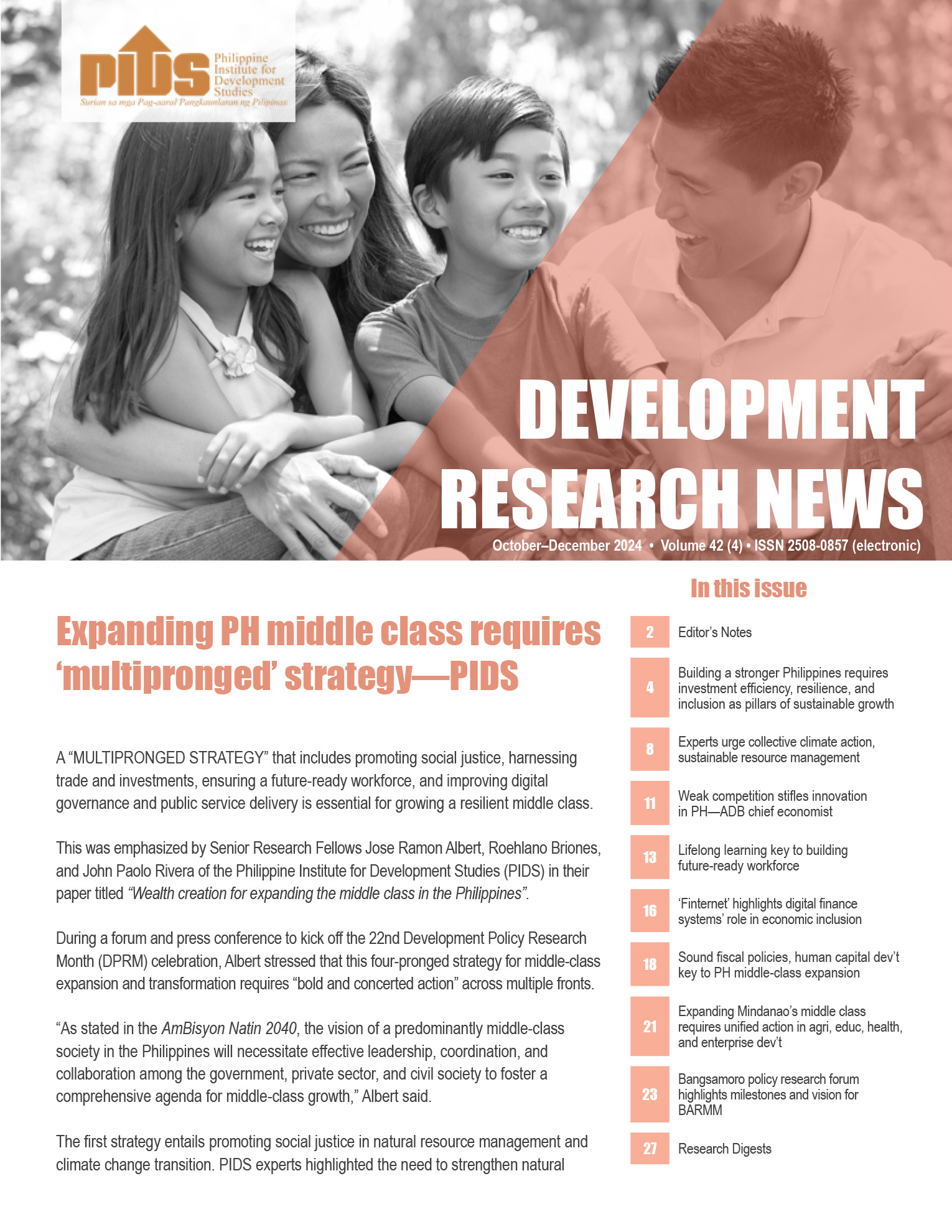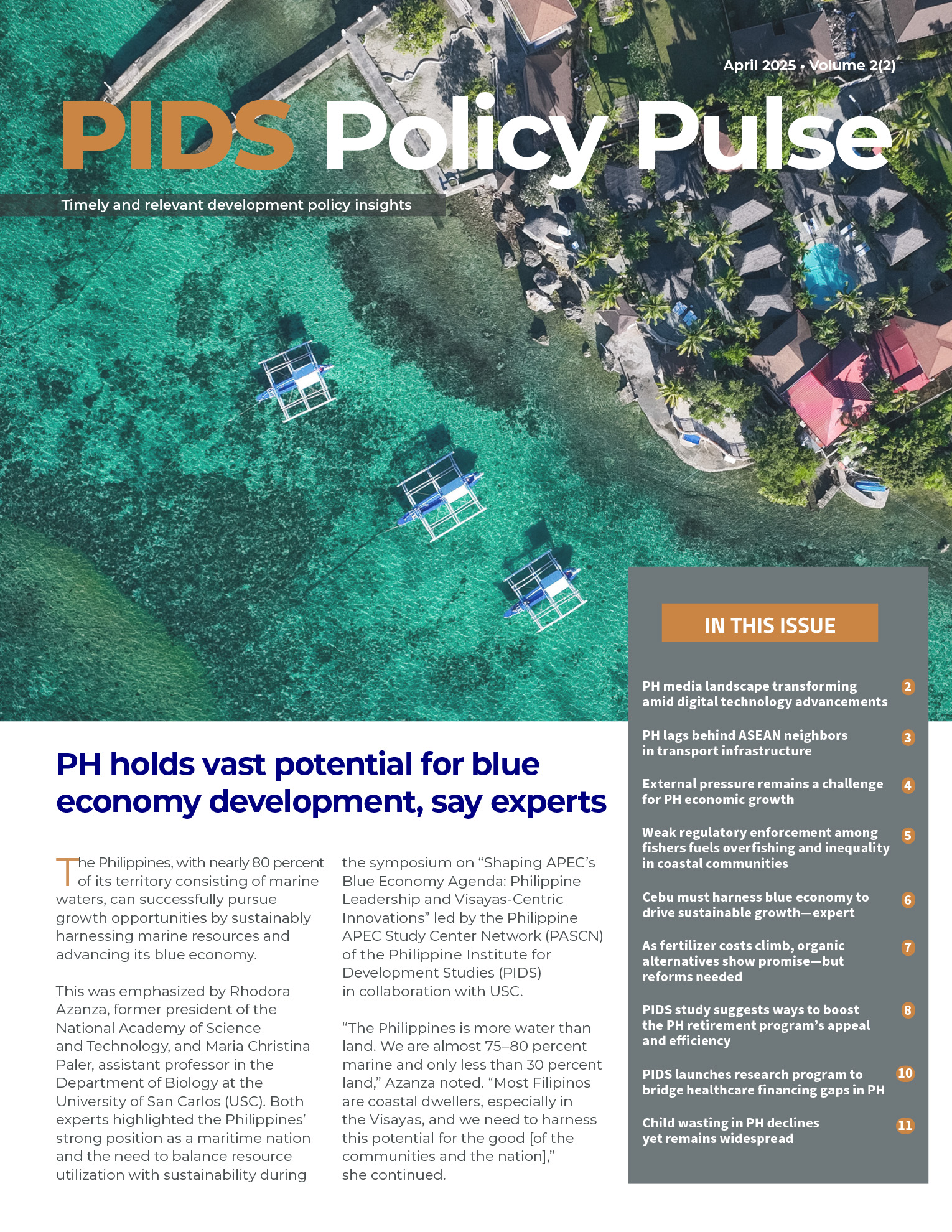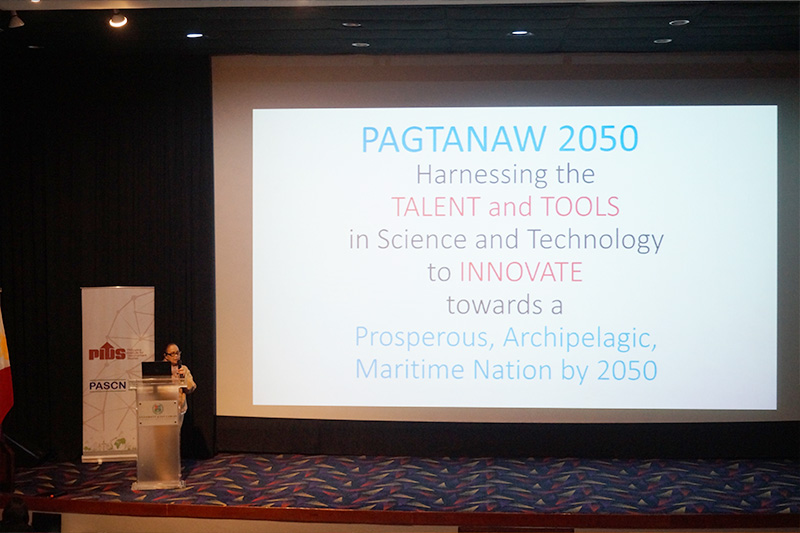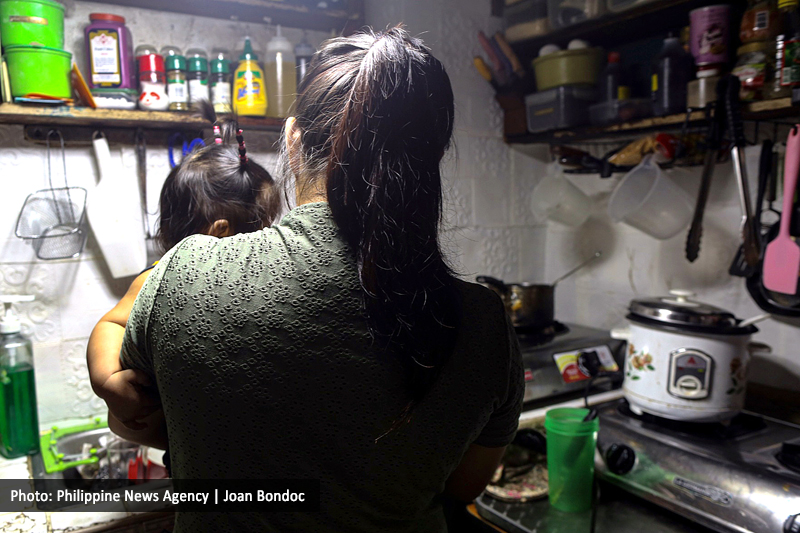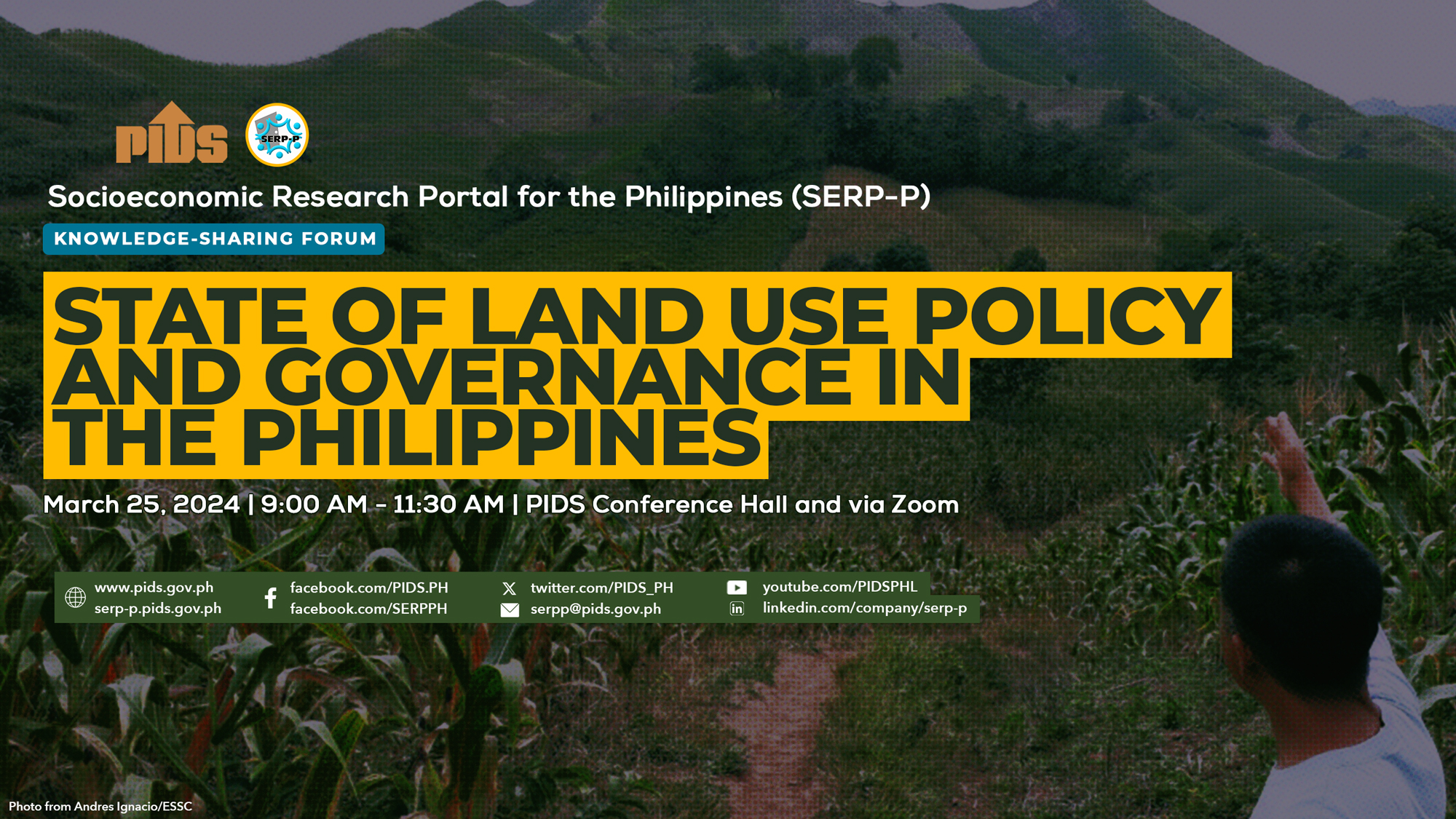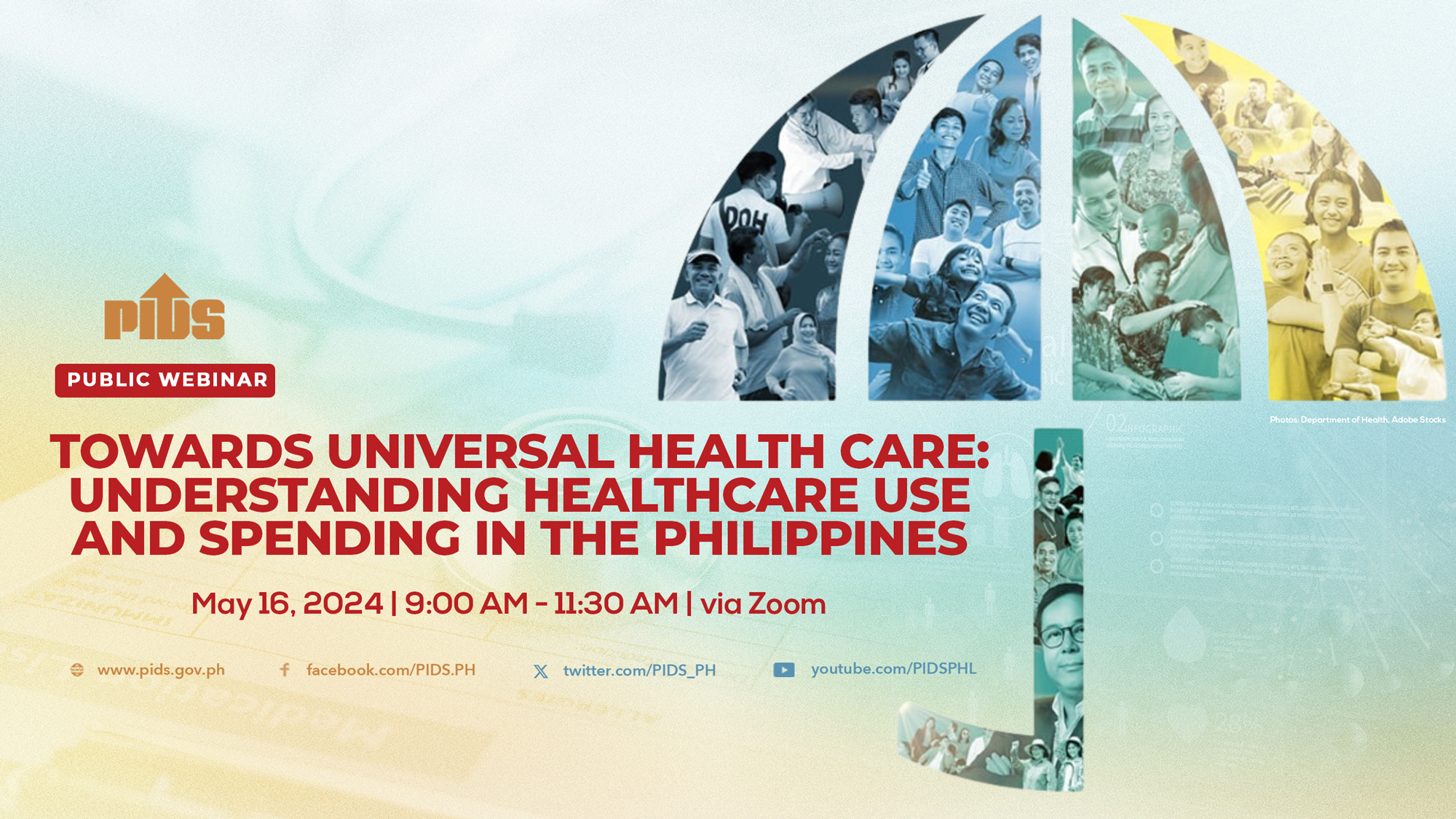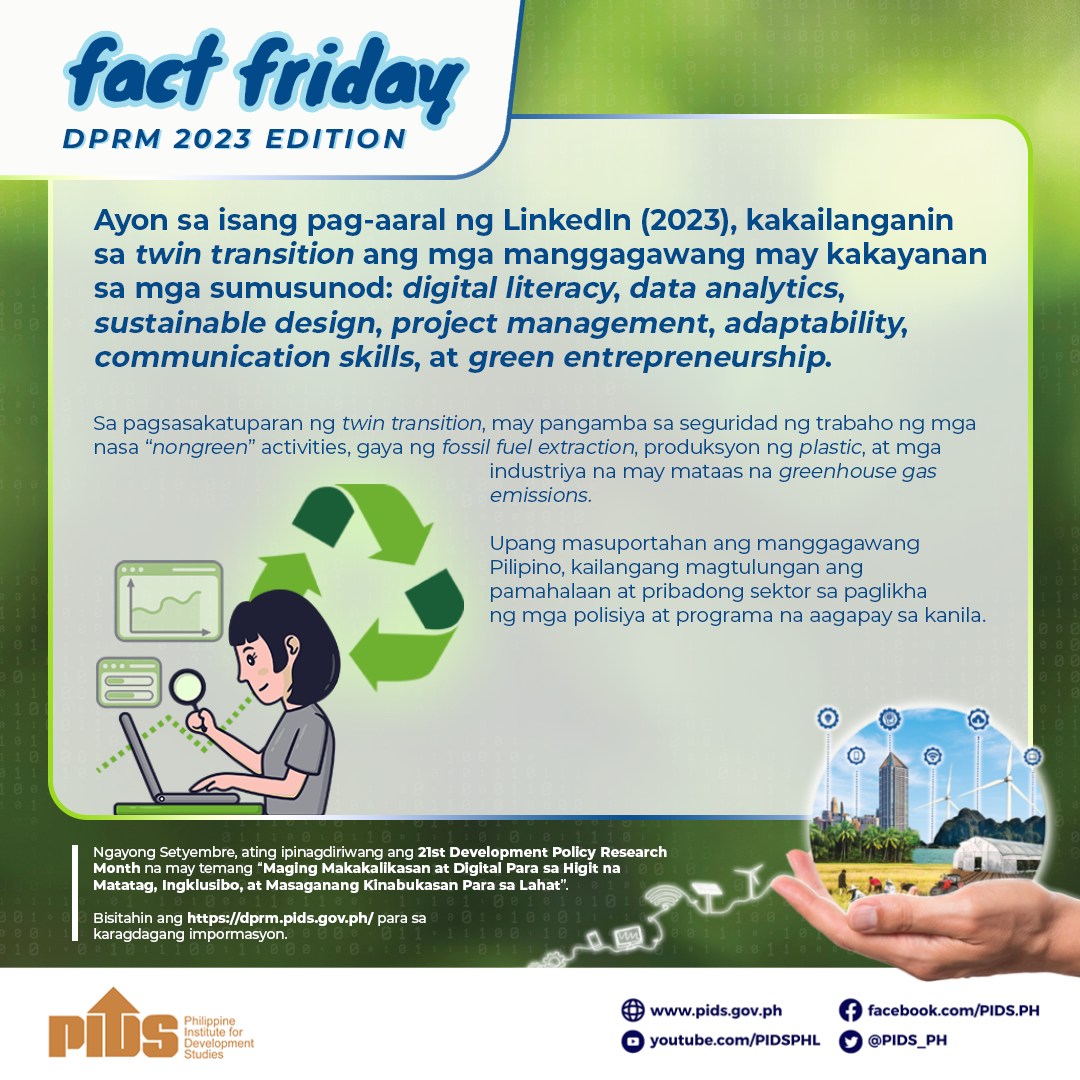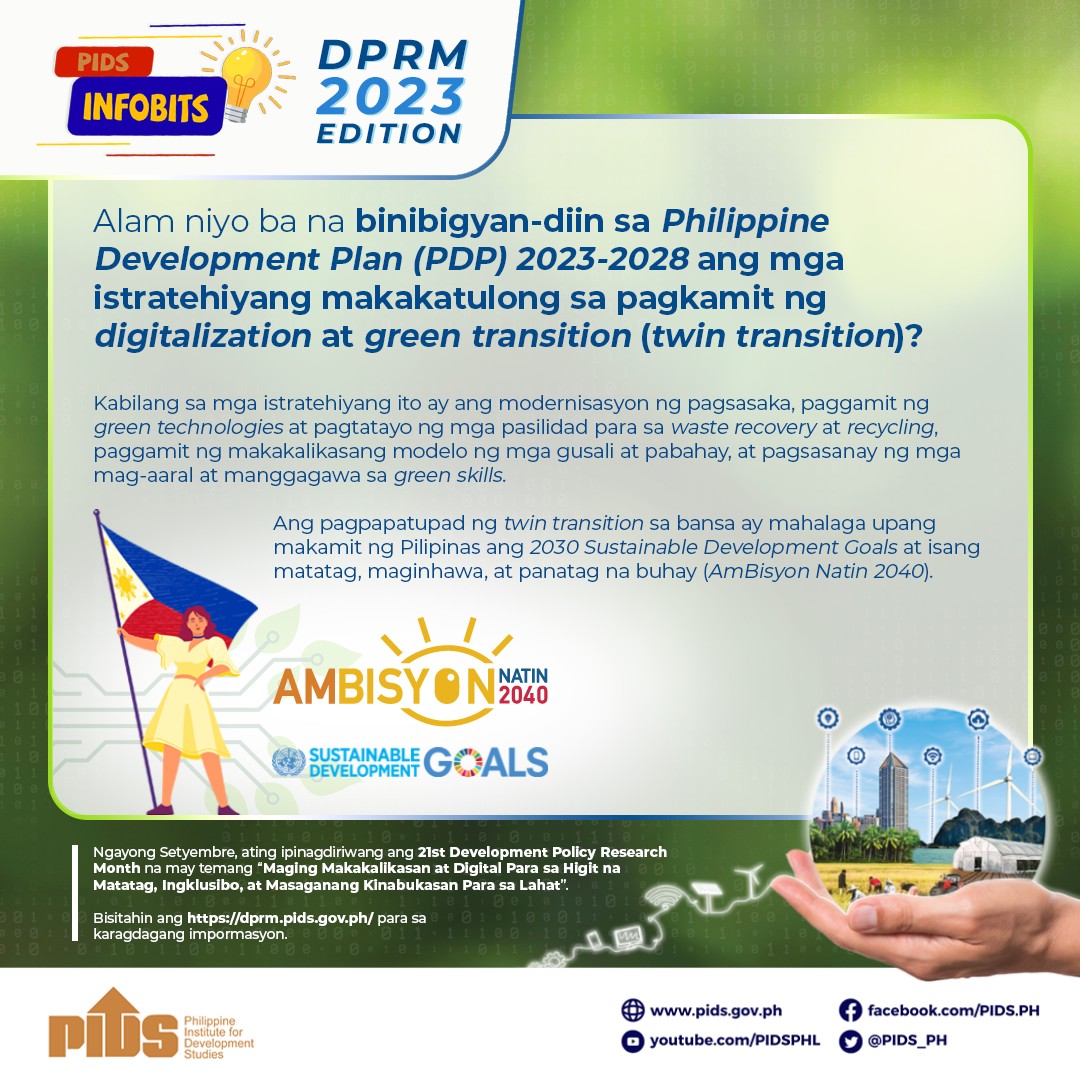THE Philippines can maximize digitalization to achieve sustainability through skill development and collaboration, experts said in a recent forum organized by the Philippine Institute for Development Studies.
"Circular transition is complicated, but if technologies aid the transition, it will create a lot of potential for our economy," Aladdin Rillo, Economic Research Institute for Asean and East Asia senior economic advisor, said. Asean is the Association of Southeast Asian Nations.
"[It is] a regenerative system where economic activities aim to minimize waste and maximize the continual use of resources," he added.
For her part, Bangko Sentral ng Pilipinas Supervisory Policy and Research Department Deputy Director Rhodora Brazil-de Vera urged micro, small and medium enterprises (MSMEs) to maximize the opportunities of digitalization, and that big firms should also comply with sustainability measures.
"Sustainability and digitalization for micro, small and medium enterprises or MSMEs are relevant in addressing climate change. Big companies [also] should require their supply chains to comply with sustainability measures, even if it may come at a cost," she said.
"We should recognize the potential opportunities and challenges that come with the dual transition and emphasize the importance of considering the impact on small and medium enterprises," de Vera added.
Apart from those, National Innovation Council Executive Member Monchito Ibrahim emphasized the use of artificial intelligence (AI), which "Filipinos can consider in the long-term goals and strategies for improving the country's innovation priorities and governance."
However, measures on responsible use of AI must be put in place to achieve sustainability and ensure safety of high-risk operations.
"A principled AI touches on inclusive growth, sustainable development and the well-being of its users. It should have human-centered values and fairness because we do not want to leave all decision-making exclusively to AIs, especially for high-risk operations," University of the Philippines-Diliman Department of Philosophy professor Peter Sy said.
The experts also called on the government to invest in the skills development for the country's workforce to meet the evolving global demands on both green and non-green jobs, and to maximize collaboration with the private sector in policy decision-making.
"Governments have a role in driving the private sector to take action through regulations, incentives and collaboration to bring innovative solutions to the market. Policy innovation and regulatory sandboxes are important to address the rapid pace of technological advancements and their impact on society," Singapore-based Tech for Good Institute Founding Executive Director Ming Tan said.

